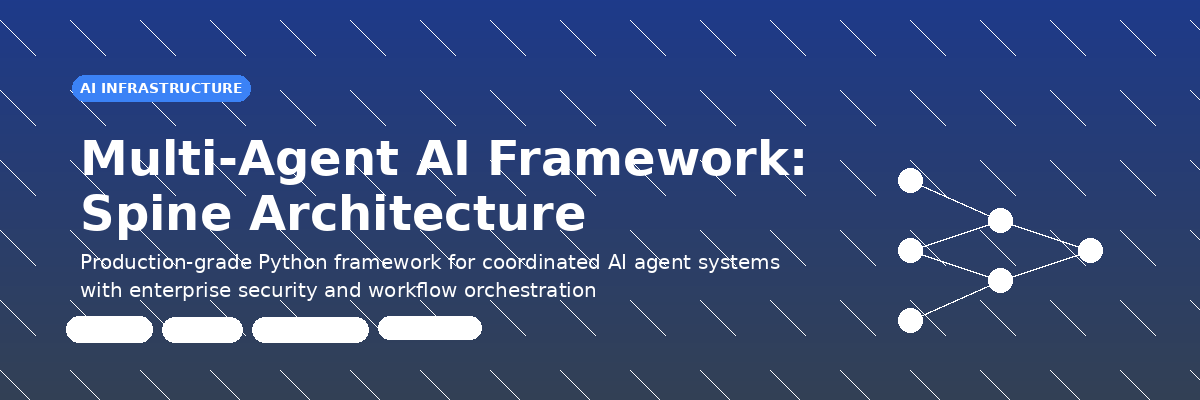Want my take on overseas hiring and AI? Buckle up, because it's not looking good for one of these groups. Let me break it down for you.
The Current Landscape
First, let's talk about the overseas teams many of us have built. They're great, handling everything from:
- Bookkeeping and financial analysis
- Software development and engineering
- Customer service and quoting
- Planning and production scheduling
But here's the kicker: I could automate 80-90% of this work over the next 6 months using AI. Sounds crazy, right? But the truth is a bit more nuanced.
The Core Principle at Play
One of the core tenets I've always pushed in operations is this:
Push work down to the lowest skill possible. Everything. Ruthlessly.

This isn't just cost-cutting. It's strategic. It lowers costs, sure, but it also raises margins, focuses more on competitive advantages, and actually improves work quality and worker satisfaction.
The AI Disruption
Now, here's where it gets interesting. The slice of work AI can handle is growing wider, and it's eating into that overseas slice. And let's be honest, the AI solution will always win out. Why? It's cheaper, more consistent, always on, and massively scalable at much lower variable costs.
The LLM Game-Changer
But it's not just about automation. The recent addition of Large Language Models (LLMs) to the AI toolkit is changing the game entirely. We're seeing an abstraction of UIs. Instead of designing functionality and then creating a UI, we can now just describe the output we want. The LLMs do the rest.
This means tools and SaaS are also losing their slice of the skill graph. Don't believe me? Just look at domestic software jobs. As AI increases, the need for technical builders is lessening.
The Future Business Model
So where are we headed? Picture this: businesses of much smaller size, delivering the value and products of companies 10x or 100x their size. How? Because AIs are acting more and more like employees, with flexibility and specific tasking capabilities.
The Real Opportunity: Agentic AI
Here's where it gets exciting. The real opportunity inside AI? Agents. Agentic AI with focused tasks, specializing (and even superseding) human ability. This allows you to piece together your own workforce in highly customizable and productive ways.
The Collapse of Traditional Models
As this trend increases, the utility of overseas talent, administrative talent, and data work for humans drops to near zero. The slices collapse on each other, and suddenly you can pair directly (and only) great thinkers and builders with AI to reach amazing outcomes.
This means overseas hiring is likely a shorter-term trend that reverses rather quickly. We'll see many skills and majors reduce to near zero, leading to an erosion in the academic institution's power and model.
So Where Do We Focus?
This massive growth in AI, Agentic AI, and LLMs is going to push a resurgence in the physical world. With much of the software abstracted, not needed, or automated, the physical world once again becomes incredibly important.
The Big Picture: Reindustrialization
This is why I firmly believe in the importance of the reindustrialization of America. As the digital realm becomes increasingly AI-driven, our focus must shift back to tangible, physical production and innovation.
Conclusion: Adapting to the New Reality
So, what does all this mean for you and your business? It's time to reevaluate. The convergence of AI and overseas hiring is reshaping the global workforce landscape. Those who adapt quickly and strategically will thrive; those who don't risk becoming obsolete.
The future isn't about having the largest overseas team or the most sophisticated software. It's about leveraging AI to its fullest potential while focusing on uniquely human skills and physical-world innovations.
Are you ready to position yourself at the forefront of this transformative wave? Because ready or not, it's coming. The question is: will you ride it to success, or get swept away by the tide?




